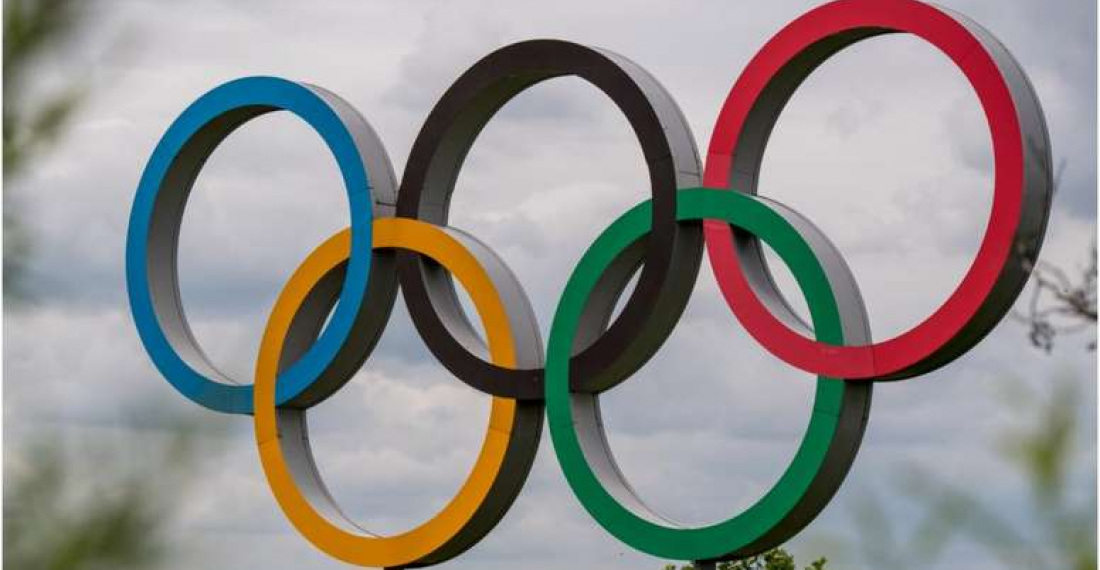The Athletes Commission of the Russian Olympic Committee (ROC) put forward the idea of using 'Katyusha', Russia's most popular song in World War II, instead of the national anthem at the Olympic Games. Tass news agency reported from Moscow that Sofia Velikaya, the commission’s chairperson and Olympic champion in fencing, announced this on Thursday (14 January).
"We have discussed the accompanying music," she told journalists. "We had various variants in regard to the anthem, including the contemporary ones, but we stopped with Katyusha."
"This is a patriotic song and is known not only to Russians but to the international society as well and children love it too," Velikaya said. "Therefore, we have decided to propose it for consideration with the Russian Olympic Committee."
The Court of Arbitration for Sport (CAS) in Switzerland’s Lausanne upheld on December 17 WADA’s previous ruling on a number of sanctions against Russian sports.
According to the CAS ruling, Russian athletes were deprived of their right to participate in all World Championships, Olympic and Paralympic Games under the national flag of Russia for the two-year period.
The national anthem of Russia was also ruled out to be played at international sports tournaments in the course of the next two years, including at the upcoming Olympic Games in Japan this summer.
The ruling of the Swiss-based court also stripped Russia of the right to bid for the organization of all international sports tournaments for the period of two years. WADA’s sanctions will be in force until December 2022.
source: commonspace.eu with TASS news agency, Moscow






